
“Would you like some rice with green tea and pickles?”
In recent years we’ve been seeing a rise in timed escape rooms, haunted houses, and other walk-through entertainment experiences that combine pressure and puzzles for tension-filled entertainment. An upcoming event in Japan, though, will feature something arguably even more mysterious than secret agent codes and more terrifying than any creatures from beyond the grave: Kyoto manners.
Specifically, it’s Kyoto’s ikezu culture that’s the theme of Kono Saki Ikezu na Kyoto Machiya, which carries the in-English subtitle of “Just Daily Kyoto’s Conversation.” Ikezu means “mean” or “unkind,” but within the context of Kyoto communication it refers to a significant gap between the words a person is saying and the message they’re actually trying to give you.
The most infamous example of ikezu is the phrase “Would you care for some bubuzuke (rice with green tea and pickles)?”, which you might hear when visiting a person’s home in Kyoto. On the surface this may seem like a hospitable offer to try the local cuisine, but since bubuzuke is traditionally served at the end of the meal, “Would you care for some bubuzuke?” is actually used to indicate that someone is overstaying their welcome without directly commanding them “Go home, now.” And that’s just the tip of the ikezu-berg, as there are also hidden meanings behind such seemingly innocuous platitudes as “You have a nice watch,” “I envy you for your large circle of friends,” and “You play the piano well.”
If that sounds anxiety inducingly confusing, rest assured that even people from other parts of Japan can have trouble deciphering ikezu communication, which prompted media and event company Nai, design company Chahang, and Kyoto folding fan shop Onishi Tsune Shoten to collaborate on Kono Saki Ikezu na Kyoto Machiya, held in Onishi Tsune Shoten’s store in Kyoto’s Shimogyo Ward (pictured above). Participants, playing in groups of up to four people, will face a series of ikezu challenges, in which Onishi Tsune Shoten’s owner Rie Onishi, playing the role of the Ikezu Inn Proprietress, will offer conversational prompts such as “Oh, thank you for sharing such a wonderful story!”
Wanting to be on your best behavior, you might reply with a courteously direct “Thank you.” Or maybe, taking into account Japan’s cultural value of modesty, you deflect the complement by saying something such as “Oh, no, not at all.” Either one of these reactions, though, is likely to get you and your team a swift “Would you care for some bubuzuke?” in response.
That’s because you’re supposed to understand that, after being translated from the original ikezu, “Thank you for the wonderful story” actually means “Your story was very long,” so you should clam up.
Successfully clearing an ikezu challenge grants you passage to a deeper part of the building, which is a beautiful 150-year-old Kyoto machiya (townhouse). On the other hand, should you be offered bubuzuke five times, or take more than an hour tying to solve the verbal puzzles, it’s game over. Oh, and the organizers have prepared no fewer than 26 ikezu puzzle scenarios, so that different groups will face different ones, so it’s not like you can just copy a winning team’s answers.
While bubuzuke will not, under any circumstances, actually be served, the participation fee does officially include a bowl of matcha green tea and some wagashi traditional Japanese confectionaries. It’s unclear, though, if you have to progress to the deepest part of the house, the tearoom, in order to enjoy the treats.
If Rie Onishi, pictured above, looks familiar, you might be remembering her from the last ikezu cultural ambassador activity she was involved in, the ikezu souvenir stickers we looked at last year.
Onishi herself takes a tongue-in-cheek approach to ikezu, playing up the inner anger to comedic levels with her facial expressions while also seeing ikezu’s potential as a source of good relations between neighbors by cultivating an awareness that people might be uncomfortable or displeased even if they haven’t explicitly said so.
Kono Saki Ikezu na Kyoto Machiya is scheduled to take place on January 25 and 26, with tickets priced at 5,500 yen (US$37) and can be reserved online here.
Event information
Kono Saki Ikezu na Kyoto Machiya / この先いけずな京町家
Venue: Onishi Tsune Shoten / 大西常商店
Address: Kyoto-fu, Kyoto-shi, Shimogyo-ku, Hontoro-cho 23
京都府京都市下京区本燈籠町23
Venue website
Event website
Source, images: PR Times
● Want to hear about SoraNews24’s latest articles as soon as they’re published? Follow us on Facebook and Twitter!

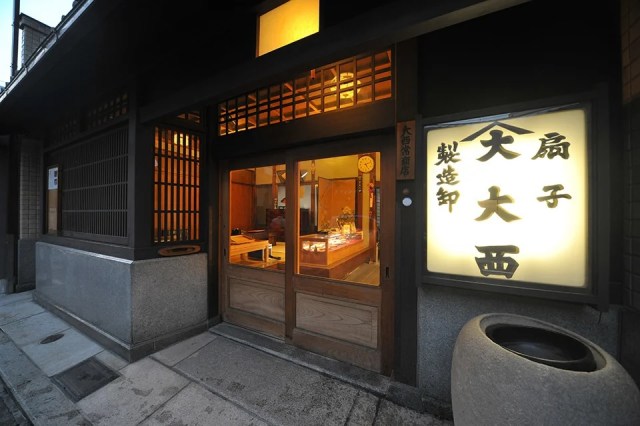
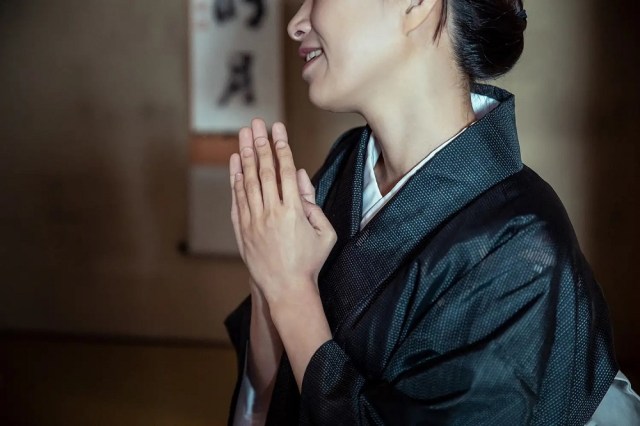
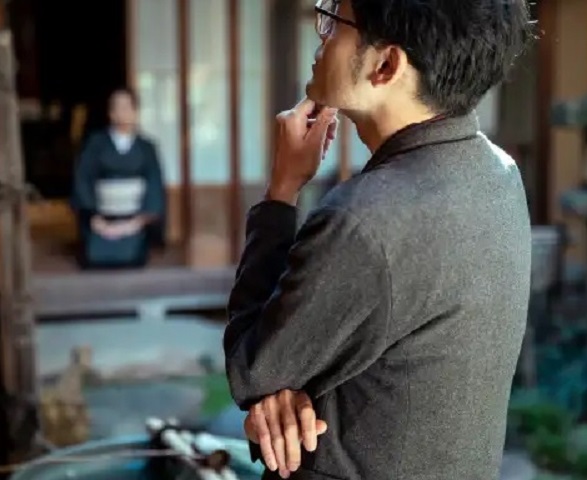

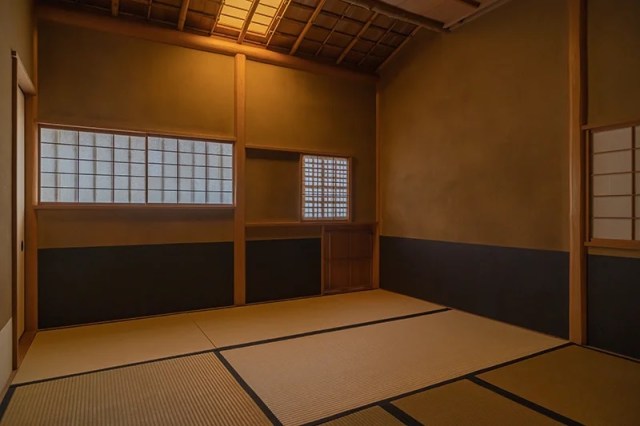
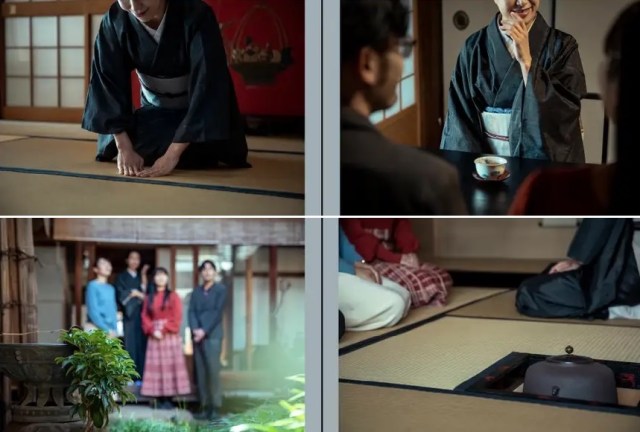
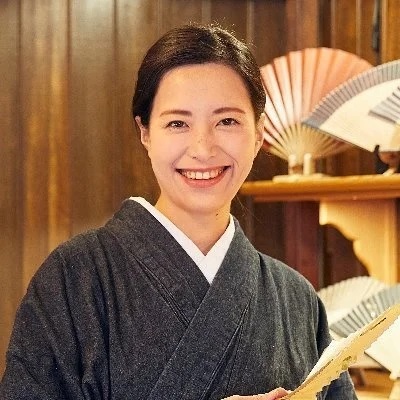
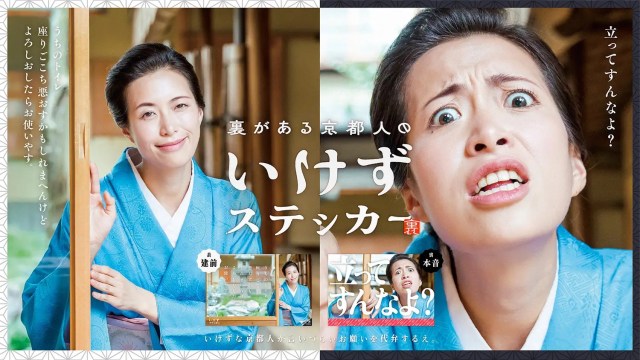
 Kyoto’s “ikezu” culture of backhanded compliments explained in hilarious souvenir sticker series
Kyoto’s “ikezu” culture of backhanded compliments explained in hilarious souvenir sticker series Kyoto code cracked? Japanese bartender translates Kyotoites’ compliments into hidden insults
Kyoto code cracked? Japanese bartender translates Kyotoites’ compliments into hidden insults The Kyoto way: Sidewalk sign with a window is actually a manners warning
The Kyoto way: Sidewalk sign with a window is actually a manners warning Visiting Japan’s Gyarados Pokémon park in the city with a special connection to Magikarp【Photos】
Visiting Japan’s Gyarados Pokémon park in the city with a special connection to Magikarp【Photos】 Kyoto starts new “Empty” tourism campaign to attract tourists during coronavirus outbreak
Kyoto starts new “Empty” tourism campaign to attract tourists during coronavirus outbreak Pikachu’s chunky original design is back as a plus-sized plushie【Photos】
Pikachu’s chunky original design is back as a plus-sized plushie【Photos】 We try an unusual buffet of dishes made from wild game at a roadside stop in Chiba
We try an unusual buffet of dishes made from wild game at a roadside stop in Chiba Majority of Japanese women in survey regret marrying their husband, but that’s only half the story
Majority of Japanese women in survey regret marrying their husband, but that’s only half the story Japan’s kid-friendly ski program is now selling Pikachu snowboards for a limited time only
Japan’s kid-friendly ski program is now selling Pikachu snowboards for a limited time only Massive manga collaboration bringing 100 years of Shueisha manga to Uniqlo T-shirts【Photos】
Massive manga collaboration bringing 100 years of Shueisha manga to Uniqlo T-shirts【Photos】 Starbucks Japan releases new drinkware and goods for Valentine’s Day
Starbucks Japan releases new drinkware and goods for Valentine’s Day The secret of Starbucks Japan’s Chocolate Chunk Cookie: It’s not made by Starbucks!
The secret of Starbucks Japan’s Chocolate Chunk Cookie: It’s not made by Starbucks! The Yellow Lucky Bag from Village Vanguard is so bad it may damage Japan-US relations
The Yellow Lucky Bag from Village Vanguard is so bad it may damage Japan-US relations Starbucks Japan releases new Frappuccino and latte for Valentine’s Day
Starbucks Japan releases new Frappuccino and latte for Valentine’s Day Our 52-year-old pole dancing reporter shares his tips for achieving your New Year’s exercise goal
Our 52-year-old pole dancing reporter shares his tips for achieving your New Year’s exercise goal Totoro cream puffs and Catbus cookies are finally available in downtown Tokyo
Totoro cream puffs and Catbus cookies are finally available in downtown Tokyo Giant hotel rooms in Osaka reflect the new non-niche face of travel in Japan.
Giant hotel rooms in Osaka reflect the new non-niche face of travel in Japan. Japanese women showing rebounding interest in giving Valentine’s Day chocolate【Survey】
Japanese women showing rebounding interest in giving Valentine’s Day chocolate【Survey】 Ramen restaurant’s English menu prices are nearly double its Japanese ones, denies discriminating
Ramen restaurant’s English menu prices are nearly double its Japanese ones, denies discriminating 10 times to avoid traveling in Japan in 2026
10 times to avoid traveling in Japan in 2026 Starbucks Japan ready to get Year of the Horse started with adorable drinkware and plushies【Pics】
Starbucks Japan ready to get Year of the Horse started with adorable drinkware and plushies【Pics】 7-Eleven Japan starts new temporary luggage storage service in over 300 branches
7-Eleven Japan starts new temporary luggage storage service in over 300 branches Disillusionment at Tsukiji’s tourist-target prices led us to a great ramen restaurant in Tokyo
Disillusionment at Tsukiji’s tourist-target prices led us to a great ramen restaurant in Tokyo Starbucks teams up with 166-year-old Kyoto doll maker for Year of the Horse decorations【Photos】
Starbucks teams up with 166-year-old Kyoto doll maker for Year of the Horse decorations【Photos】 Japan may add Japanese language proficiency, lifestyle classes to permanent foreign resident requirements
Japan may add Japanese language proficiency, lifestyle classes to permanent foreign resident requirements Survey asks foreign tourists what bothered them in Japan, more than half gave same answer
Survey asks foreign tourists what bothered them in Japan, more than half gave same answer Japan’s human washing machines will go on sale to general public, demos to be held in Tokyo
Japan’s human washing machines will go on sale to general public, demos to be held in Tokyo We deeply regret going into this tunnel on our walk in the mountains of Japan
We deeply regret going into this tunnel on our walk in the mountains of Japan Studio Ghibli releases Kodama forest spirits from Princess Mononoke to light up your home
Studio Ghibli releases Kodama forest spirits from Princess Mononoke to light up your home Major Japanese hotel chain says reservations via overseas booking sites may not be valid
Major Japanese hotel chain says reservations via overseas booking sites may not be valid Put sesame oil in your coffee? Japanese maker says it’s the best way to start your day【Taste test】
Put sesame oil in your coffee? Japanese maker says it’s the best way to start your day【Taste test】 No more using real katana for tourism activities, Japan’s National Police Agency says
No more using real katana for tourism activities, Japan’s National Police Agency says Starbucks Japan reveals new sakura drinkware collection, inspired by evening cherry blossoms
Starbucks Japan reveals new sakura drinkware collection, inspired by evening cherry blossoms Updated cherry blossom forecast shows extra-long sakura season for Japan this year
Updated cherry blossom forecast shows extra-long sakura season for Japan this year
Leave a Reply